Speech of H.E. Atiku Abubakar, GCON, Vice President, Federal Republic of Nigeria (1999 – 2007), at the Occasion of the 25th Anniversary of the Arewa Consultative Forum, Holding in Kaduna, on Friday, November 21, 2025.
Protocol.
Distinguished Ladies and Gentlemen,
Let me first congratulate the Arewa Consultative Forum (ACF) for shouldering the mantle of leadership through the thick and thin of the last twenty-five years. It has not been easy; it could not have been easy. The vagaries of time, the complexity of human affairs, and the intricacies of the post-Ahmadu Bello Northern society have thrown up enormous challenges. That the ACF has kept its head above water and remained a key player in Northern affairs is no easy task.
I salute the courage and resilience of the ACF leadership, many of whom have departed to the great beyond. May their soul rest in peace, and may God shower his mercies on them. Amin.
Reflecting on the Past to Plan for the Future
Anniversaries are not only for celebrating achievements. They are also periods of reviews and reflections on the objectives and vision of organizations. The ACF anniversary should, therefore, be an occasion to reflect on the formation of this premier Northern platform and evaluate its impact.
As some of you here would recall, when we came into government following the 1999 general elections, we met a divided North. There were numerous platforms, prominently the Turaki Group around late President Shehu Shagari, a group around late Dr. Sola Saraki, and yet another around the late Abdurrahman Okene. The first thing we did was to unite the North.
To start the process, therefore, I consulted widely and set up a team of senior citizens led by the Emir of Ilorin, HRH Ibrahim Sulu Gambari, to go round the length and breadth of the North, inviting these different groups to come together under one platform. It was not easy, but I am glad that we were able to coalesce into one united platform under the chairmanship of General Yakubu Gowon and the Executive Chairmanship of Late M.D. Yusufu. Subsequently, great Northerners like Chief Sunday Awoniyi chaired the Executive Board of the ACF.
Much of the evolution of the ACF may have been documented, and since the leadership and some of the key actors are here with us, I shall allow them to educate us on how the ACF fared in the last twenty-five years of its existence.
For my part, I would like to turn to an issue that has remained important and which we all need to continue to work on, because it is at the very root of the strength of the North: Northern unity.
ACF Formation and Northern Priorities
But just before I dive into this topic, I thought I should provide the context of the ACF formation so that we can see it in its proper perspective. The ACF was formed not only to unite the North but also to use this unity to propel development.
After addressing the issue of unity, we sought to align with the pristine Northern agenda of the 60’s, led by Sir Ahmadu Bello and his team. In his address to the Joint session of the Northern House of Chiefs and House of Assembly in Kaduna in 1961, the Premier of the Northern Region tried to define the task ahead of the North. He said, among other things, that:
“We have our natural resources, our cattle and other livestock. We shall use trained manpower and modern methods to assist our people in improving these resources. To grow two bundles of corn when one grew before. To increase our export crops. … to conserve the fertility of our soil. To bring water and with it farming and prosperity to arid areas which before produced little or nothing”. He further added that, “We must therefore ensure through the Regional Government and Native Authorities that we have peace and stability in the region, that we produce the atmosphere of progressive confidence which will allow our education to develop, our agriculture to flourish, our industry to expand, and investment to take place.”
Distinguished Ladies and Gentlemen, you must have noted the three things that came out clearly as the priority of the then Northern People as articulated by its leadership: education, agriculture, and industries. By 1999, these priorities did not change; they only acquired a new significance. Hence, we focused on these three important issues.
Actualizing the Vision: The Northern Development Program (NDP)
I created a special purpose vehicle known as the National Development Program to actualize this prioritization.
We set up a Northern Educational Project under the chairmanship of Professor Adamu Beiki, supported by educationists like Mr. Tom Mataimaki Maiyashi and facilitated by Dr. Hamid Bobboyi, then Director of Arewa House. The team first went round to take stock of the state of our education in the North and found it to be in shambles. We had to start a program to revive our education, including the rewriting of inspectional manuals and running a series of capacity-building programs for teachers and educators across the North. We tried to restore the dignity of teachers and the teaching profession by instituting various motivation awards, such as a long-service award, which late Mallam Yahya Gusau won. By the end of our first term in office, many states had doubled their enrolments and boosted their transition rates. These records should be there in Arewa House, here in Kaduna.
The Northern Development Project (NDP) in Abuja was pursuing many things, but focusing on agriculture. Experts in agriculture were brought together to re-formulate a new agricultural policy and made direct input into the Federal Ministry of Agriculture. The focus was to multiply yields, fix agricultural value chains, and address the issues of climate change.
We then turned our attention to industries. We took a survey of all northern industries, establishing the production status and the enduring challenges. It is worth sharing some of the major obstacles: energy poverty, finance, access to raw materials, and multiple taxation. Amazingly, two decades later, we appear still to be where we were. We held a series of meetings between the NEPA, then the only source of energy, and our Northern manufacturers, in Kaduna, negotiating to have more electricity to our industries to boost production and provide jobs for young people. The records of all these should be with the NDP.
Distinguished ladies and gentlemen, I am saying this in retrospection, not to lament, but to wake us up from our complacency and to be able to build on these and the previous efforts of others in our constant quest to build the North. We must not and cannot stagnate; we must pursue the unlocking of our potentials with renewed vigor and stamina for the benefit of our posterity.
A Call for Northern Unity
Let me now return to the important issue of our unity. I hardly need to remind us about the old but profound adage, ‘united we stand and divided we fall’. The major issue with our unity is our failure to manage our diversity.
The North is not the most diverse part of the world. China, for example, has 56 different ethnic groups. By far the most diverse nation in the world is India, which is home to an astonishing 2,500 distinct ethnic groups. [1] Yet these countries have been able to manage their diversities and to make concrete strides in development. Why can’t we do better?
Our pristine Northern leadership has always recognized and admitted to our diversity. In a Speech Sir Ahmadu Bello gave at a Dinner Party in Los Angeles in 1960, he said:
“Northern Nigeria is a large and heavily populated country, full of vitality and promise. In such a large country, there is inevitably a great deal of diversity, but in this diversity, as in our great country, lies our strength.”
Sixty-five years later, we should be thinking of how to make our diversity work for our development. We must muster both the courage and the political will to overcome the many obstacles to our unity, and we know them.
Some of the obstacles that we may not know very well are the subtle and sophisticated subversion by our adversaries who are constantly working to drive a wedge between us, often fabricating stories and capitalizing on our fears of the other, using technology, to sow seeds of discord. Their target is our God-given wealth. We have seen the Democratic Republic of Congo, and we must not relent.
We need to have a leadership with the ability to accommodate the various ethnic and religious groups, in whose hands all can feel safe, and who will be fair and equitable in the distribution of the natural resources as well as all other opportunities in the country. Perhaps we should remind ourselves of the warning given by Sir Ahmadu Bello himself on Self-Rule day, 15th March, 1960:
“If we remain united, there is nothing this region cannot accomplish. Therefore, let me give a solemn warning against those who try to break this unity for their own selfish ends. They set tribe against tribe, Christian against Muslim, people against their Chief.”
The Future of the North
Distinguished ladies and gentlemen, as I begin to conclude, I need to raise another important issue: the future of the North. What kind of future do we wish to leave behind?
• Considering the world of the 21st century, where knowledge is the greatest capital, how will the North survive without quality and purposeful education?
• Looking at our demographics, what is our vision of the future? By UN projections, Nigeria will be 300 million in 2030 and well over 400 million in 2050, which will make it the third most populated country after India and China.
• How do we feed this population, if today we are battling with huge grain deficits?
• How do we educate this population and provide health care?
• How do we provide jobs for the teeming youth in their hundreds of millions?
These are the critical questions we need to address for these are the big issues for every community around the world today. We have to face them and deal with them or resign to the consequences, God forbid. The competitive environment of the 21st century will not accept complacency, it will not accept absentee leadership, and worst of all, it will not accept a leadership without vision or direction.
Distinguished ladies and gentlemen, we have to brace up; we don’t have much time.
Closing Appeal
In closing this short speech, I would like to appeal to our sense of responsibility as Northern leaders to reconsider our priorities and rise up to the numerous challenges facing the North.
We have seen how the North remembers its true leaders like Sir Ahmadu Bello, gone for a long time, but still remembered every day. Let us ask ourselves, how would we like to be remembered, after we have gone? As people who made the necessary sacrifices for the rest of us? Or as people who seized the opportunities and only buttered their bread?
If there is any time for the North to unite, it is now. And it is my ardent hope that we should resist those trying to divide us along ethnic or religious lines and rise above these differences; look at the challenges on the horizon and come together as the one people we have always been.
May God guide us aright as we endeavor to deliver on our responsibilities.
I thank you for listening. God Bless.
[1] According to the data sourced from CNBCnor


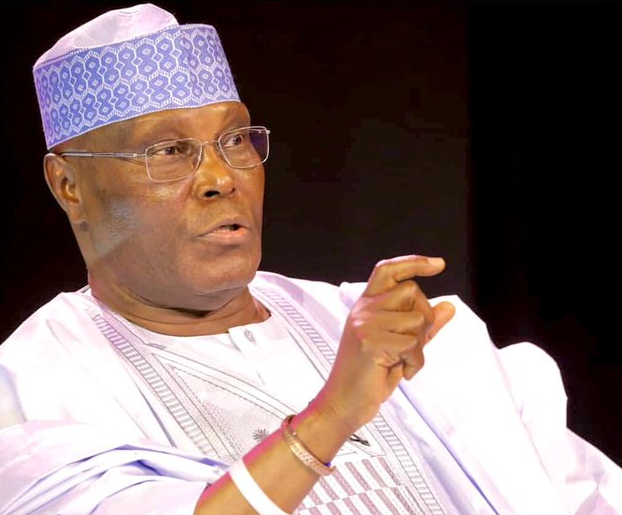

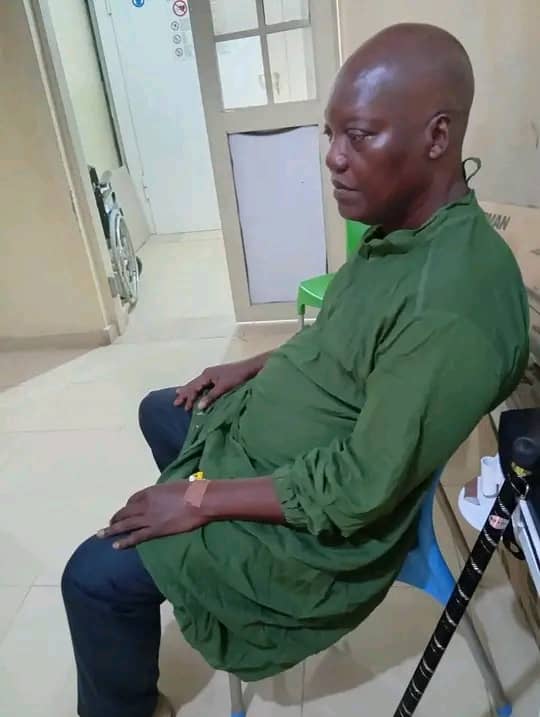

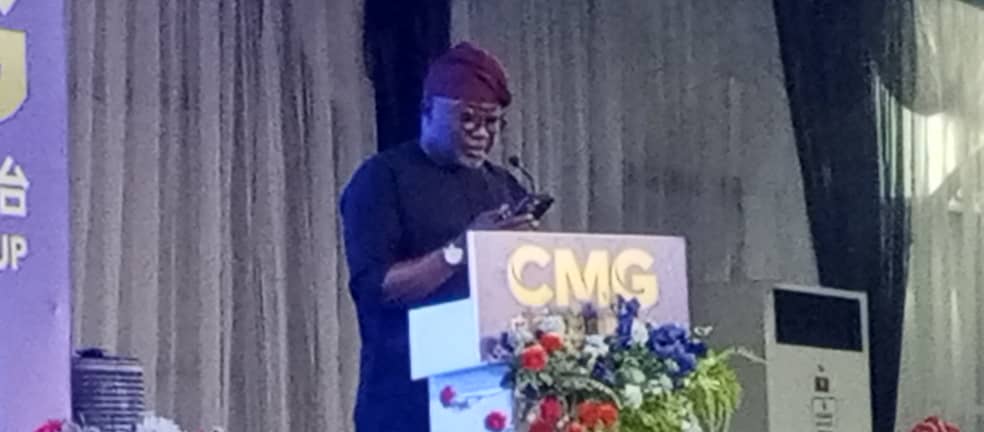
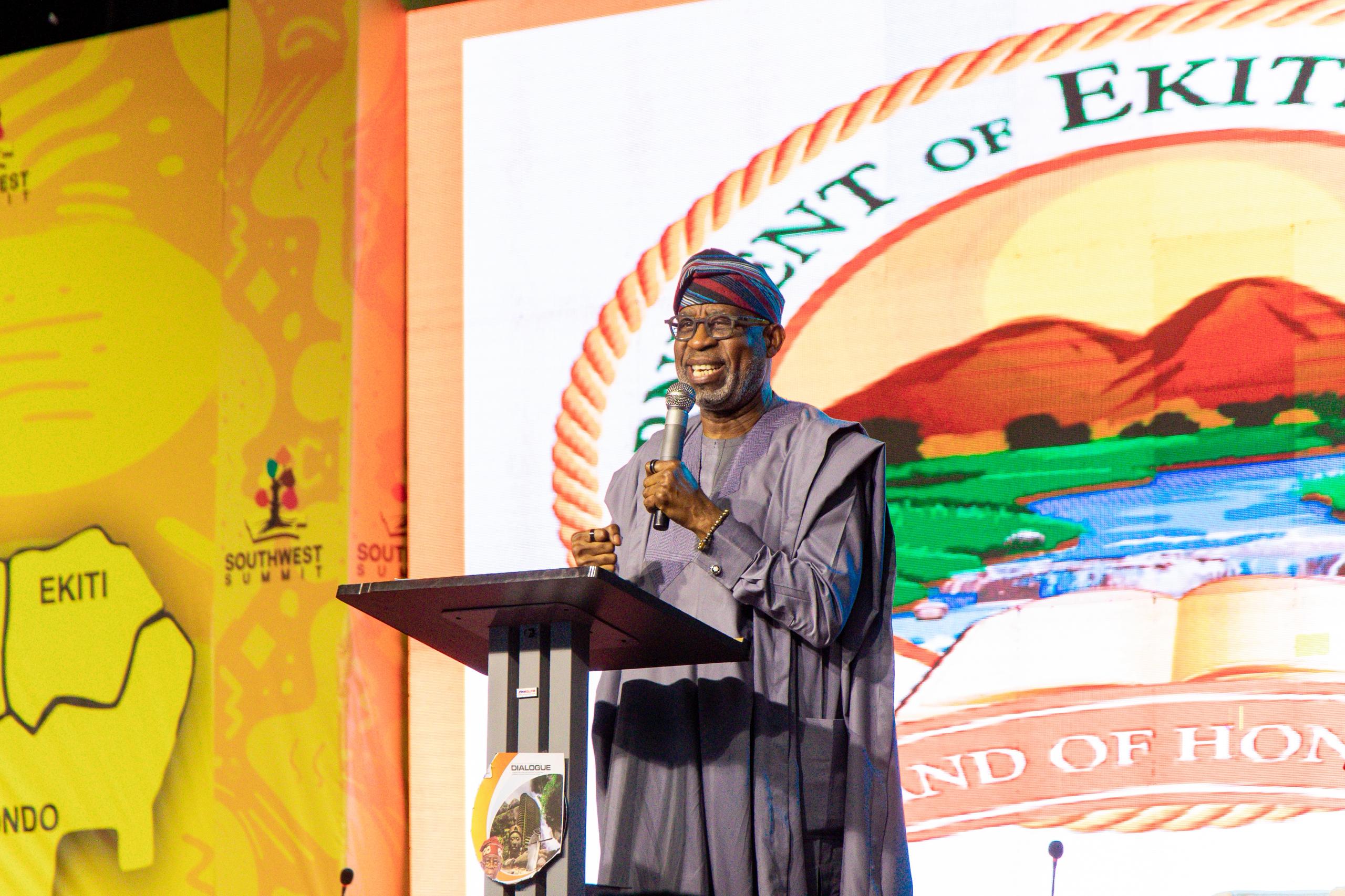
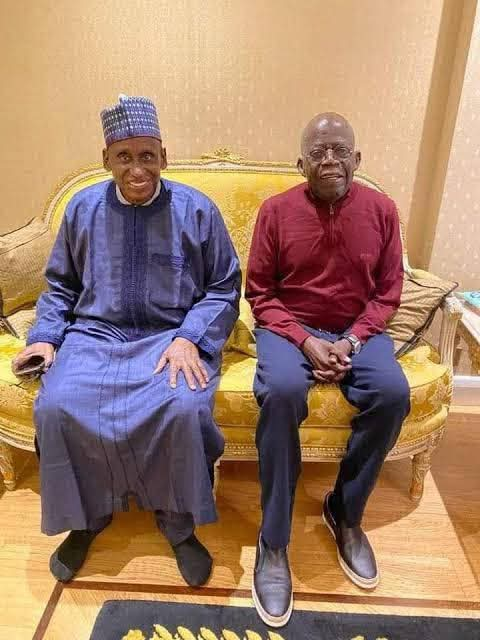
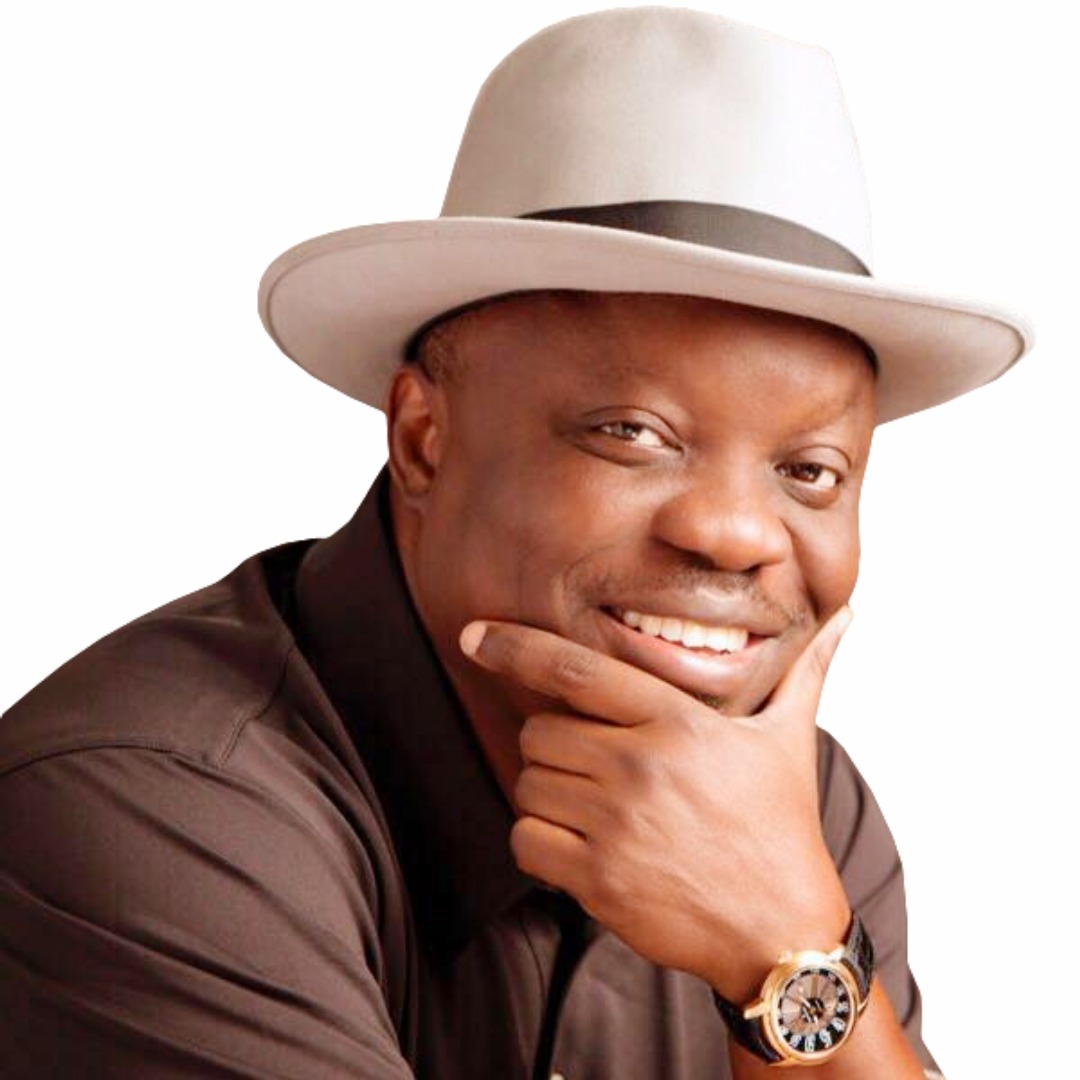
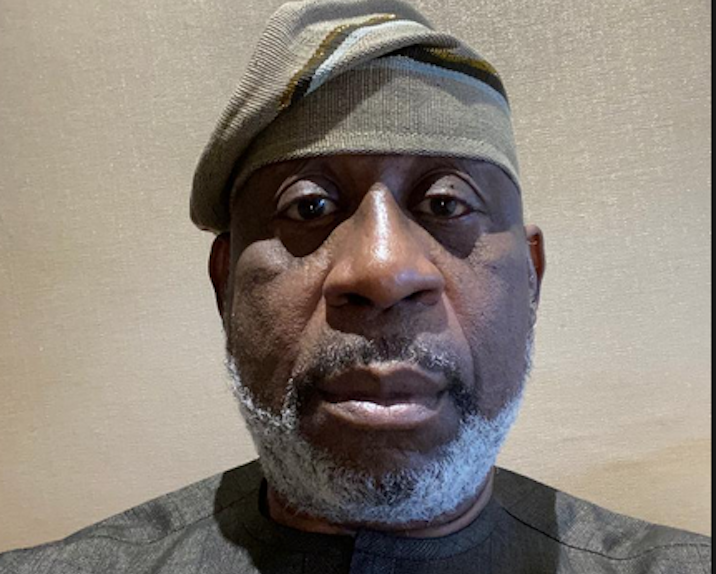
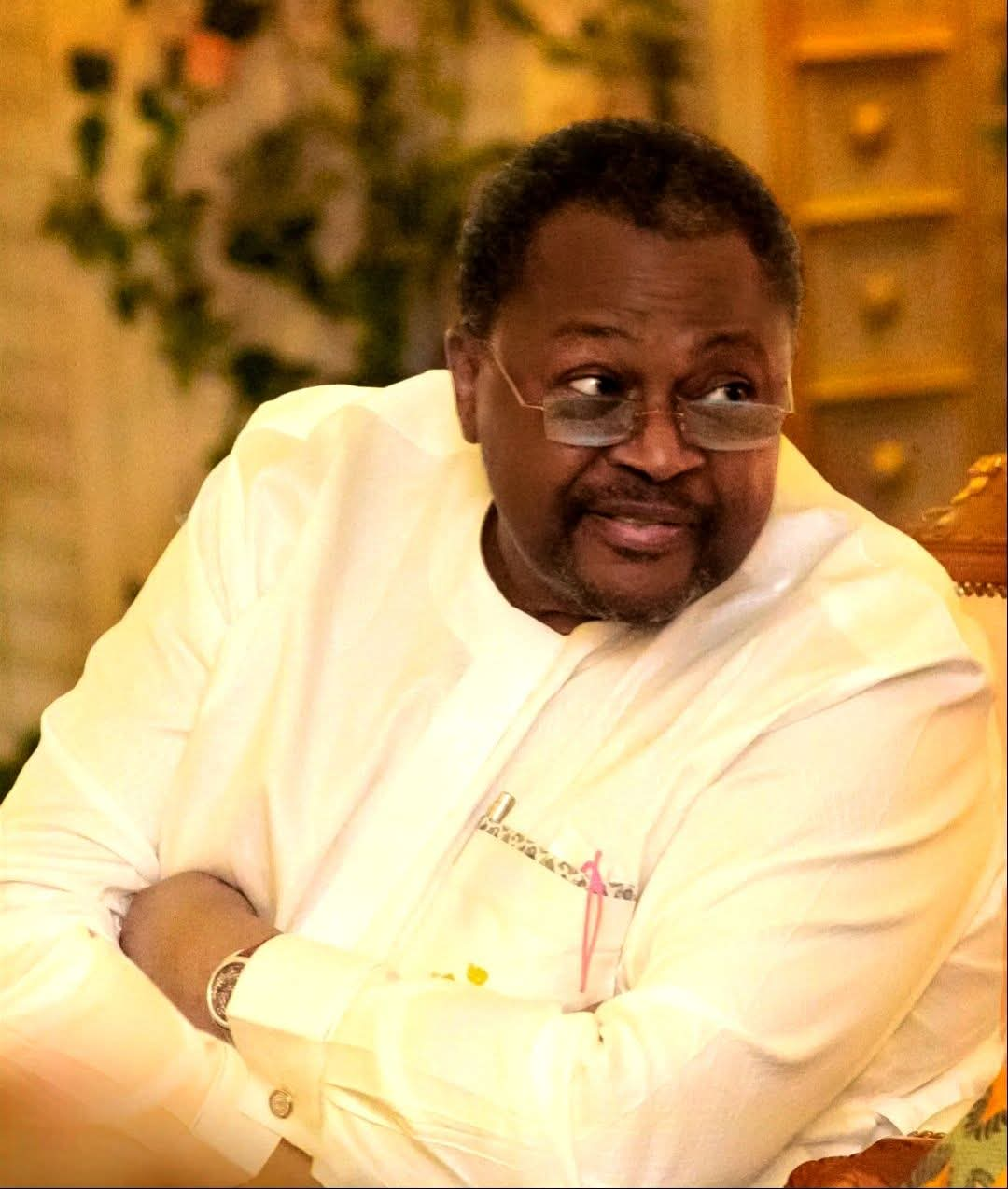
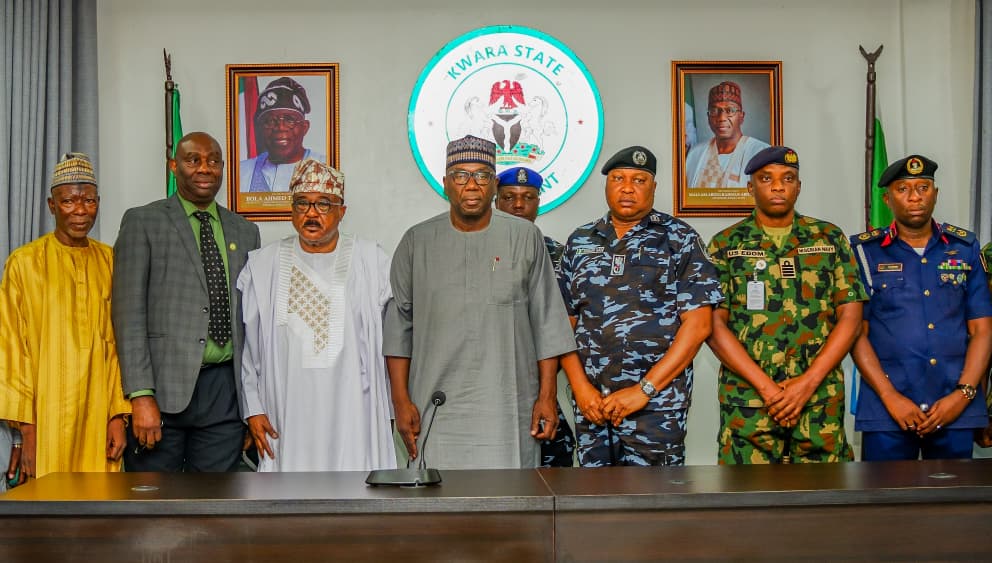
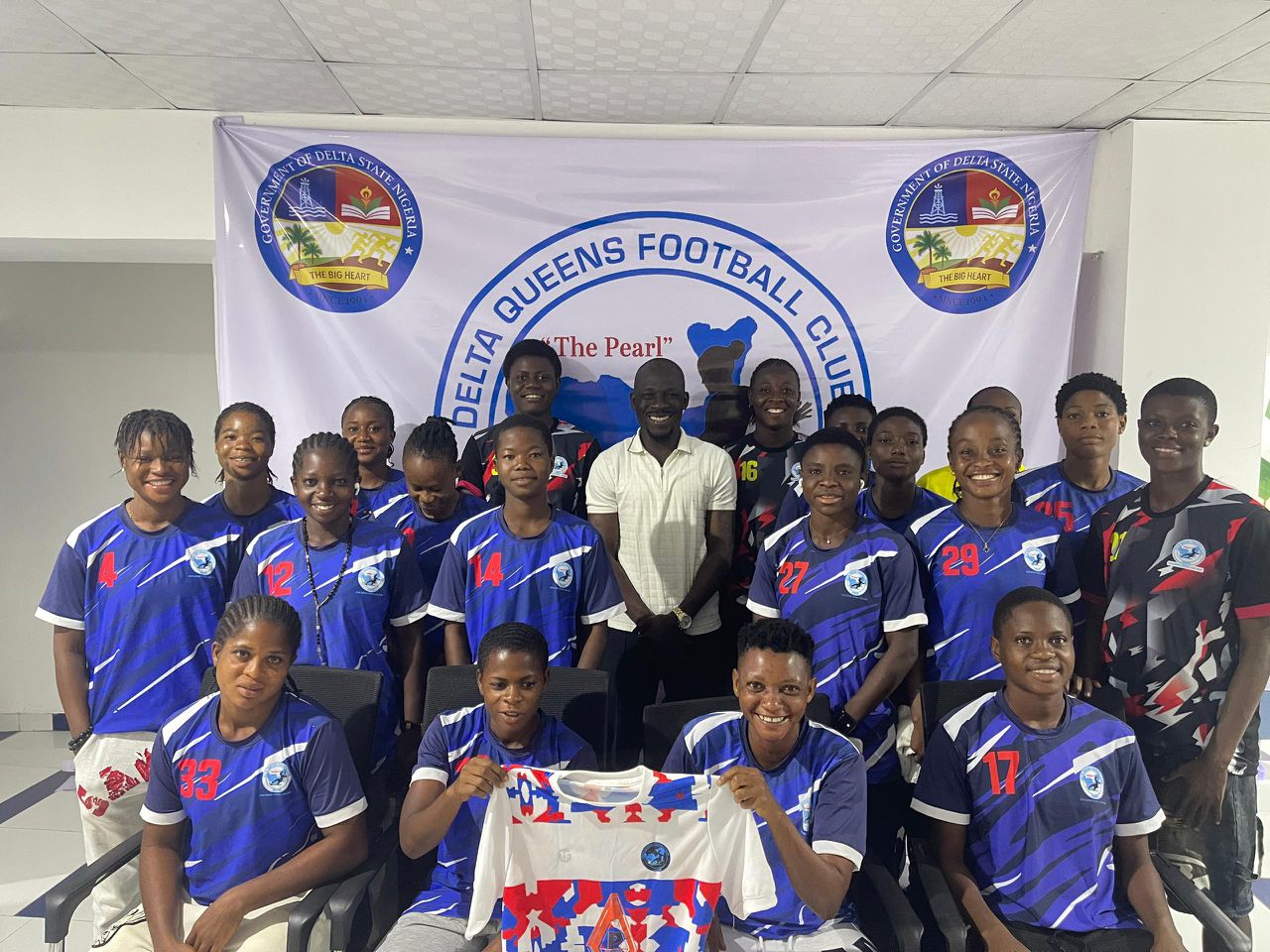
Leave a Reply